Podcast: Play in new window | Download
Subscribe: Apple Podcasts | Spotify | Amazon Music | Android | iHeartRadio | TuneIn | RSS | More
In this episode, we understand the life and love depicted in Sangam Literary work, Natrinai 59, written by the prolific Sangam poet, Kabilar. Set in the forest regions of ‘Mullai’, the poem speaks in the voice of the man to his charioteer, urging him to hurry homeward.


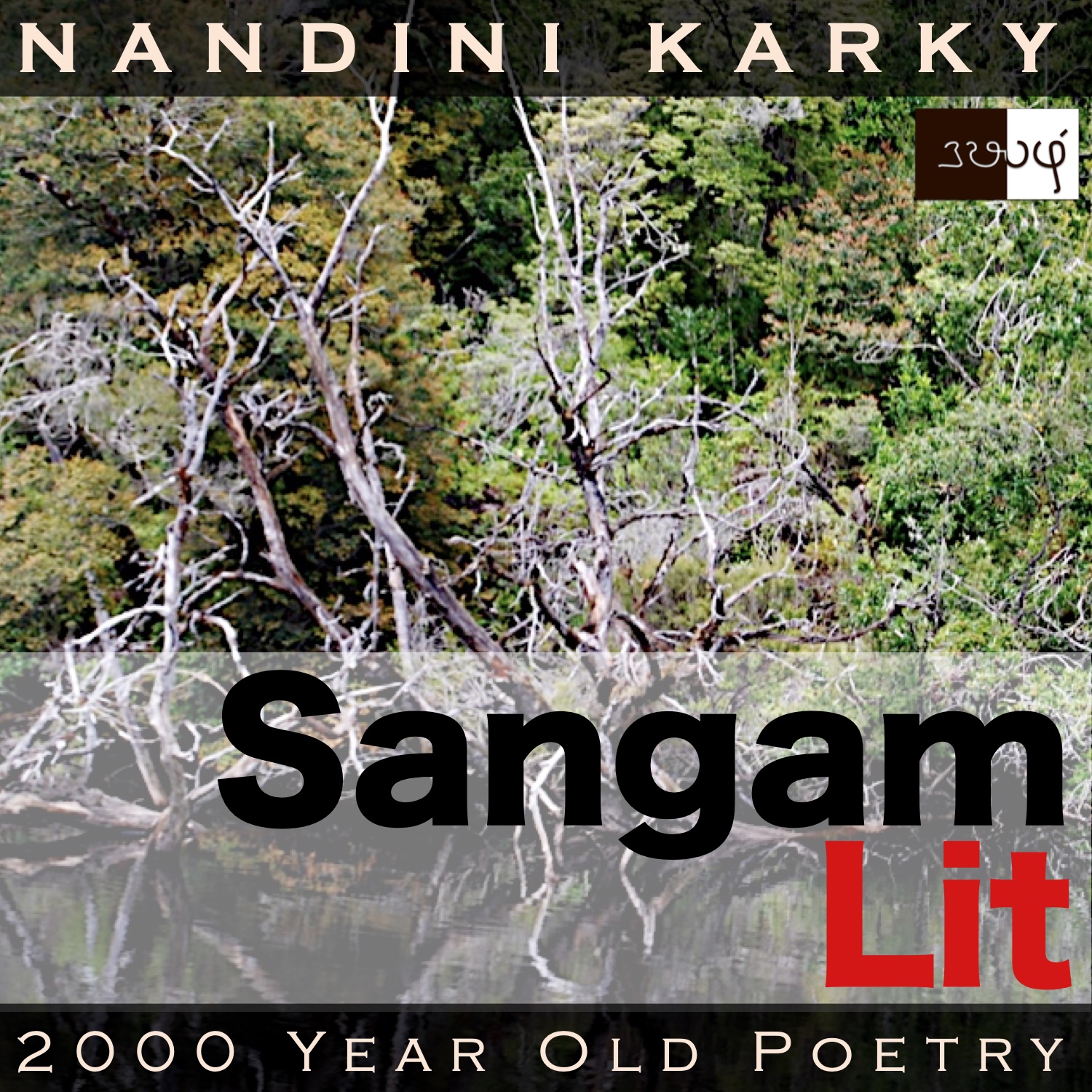
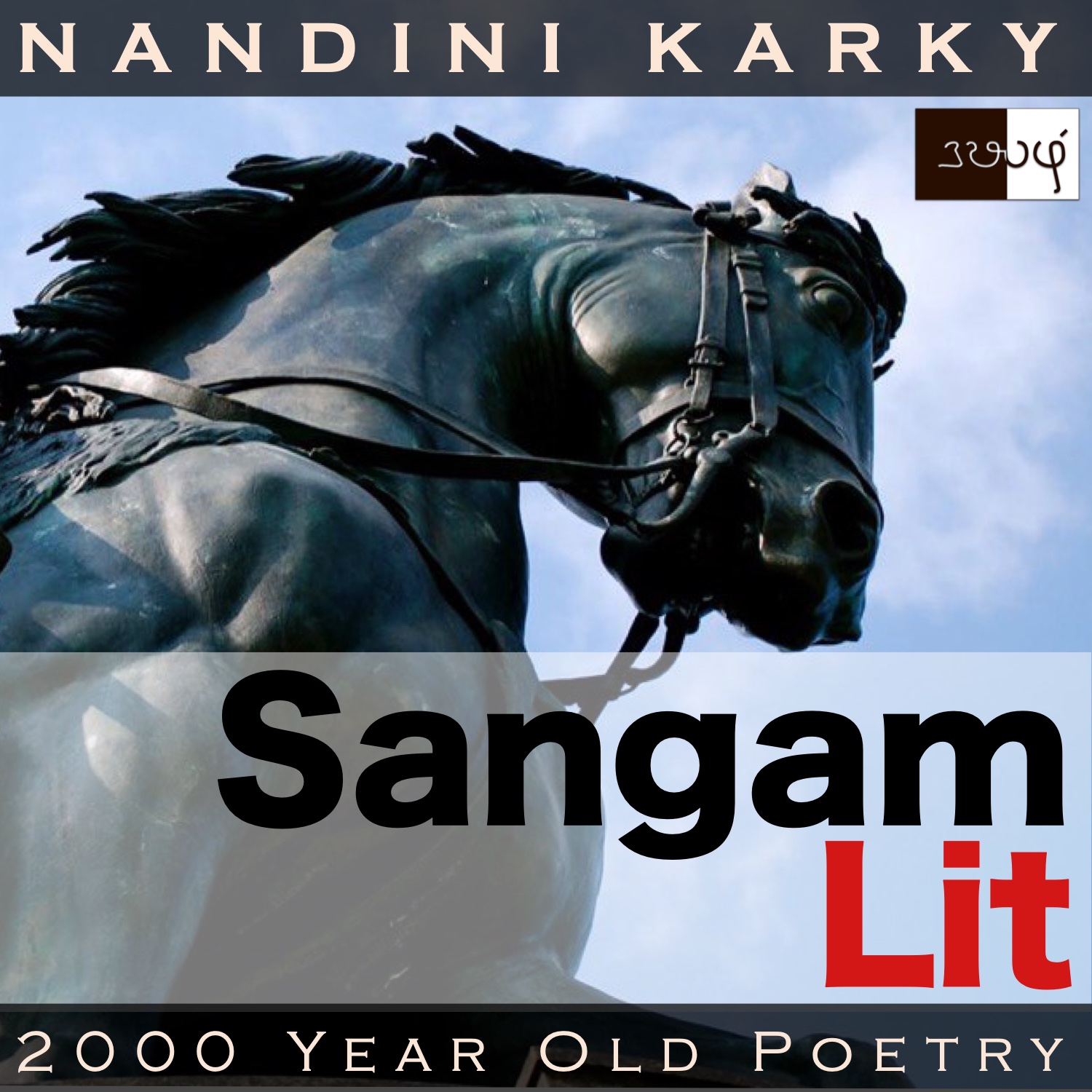
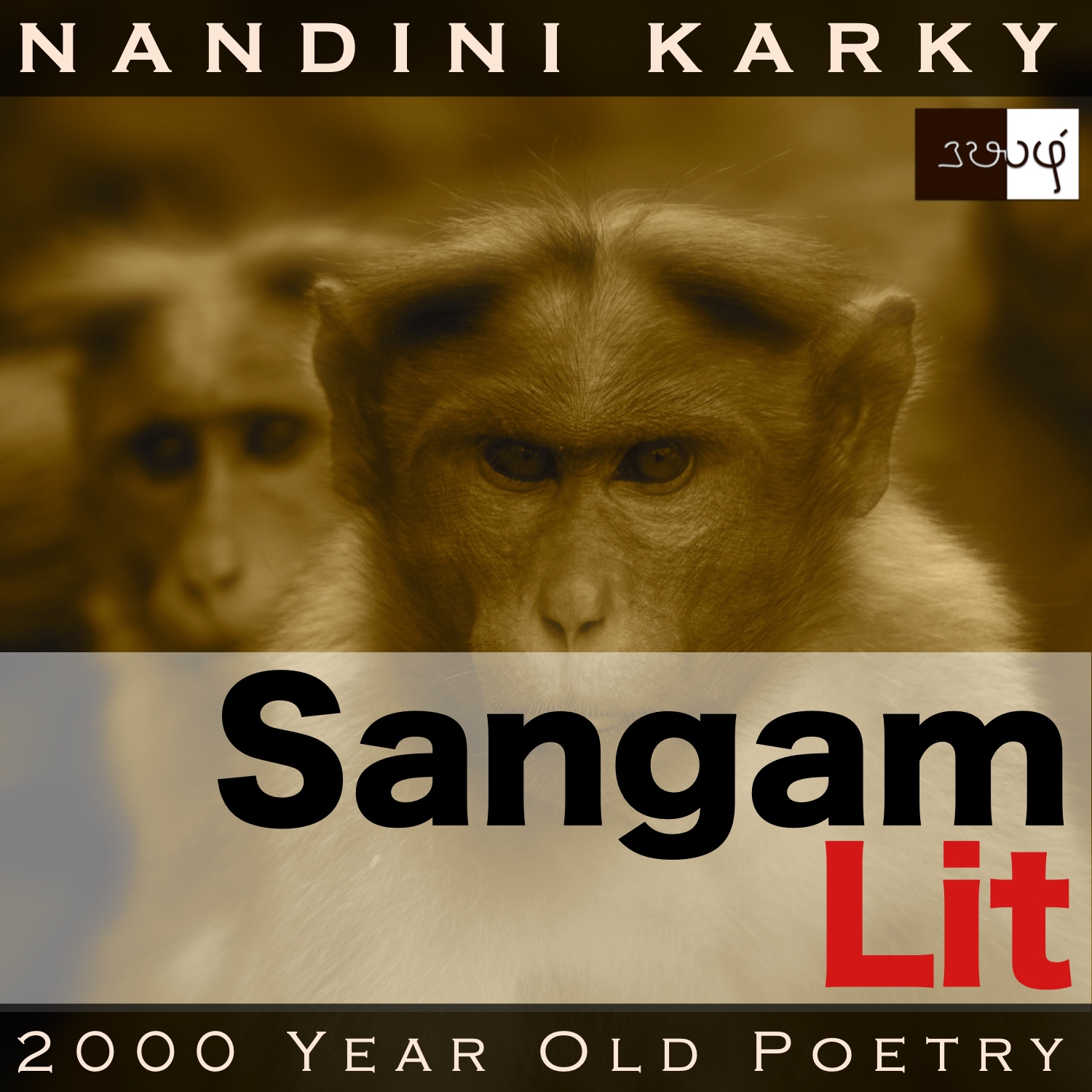

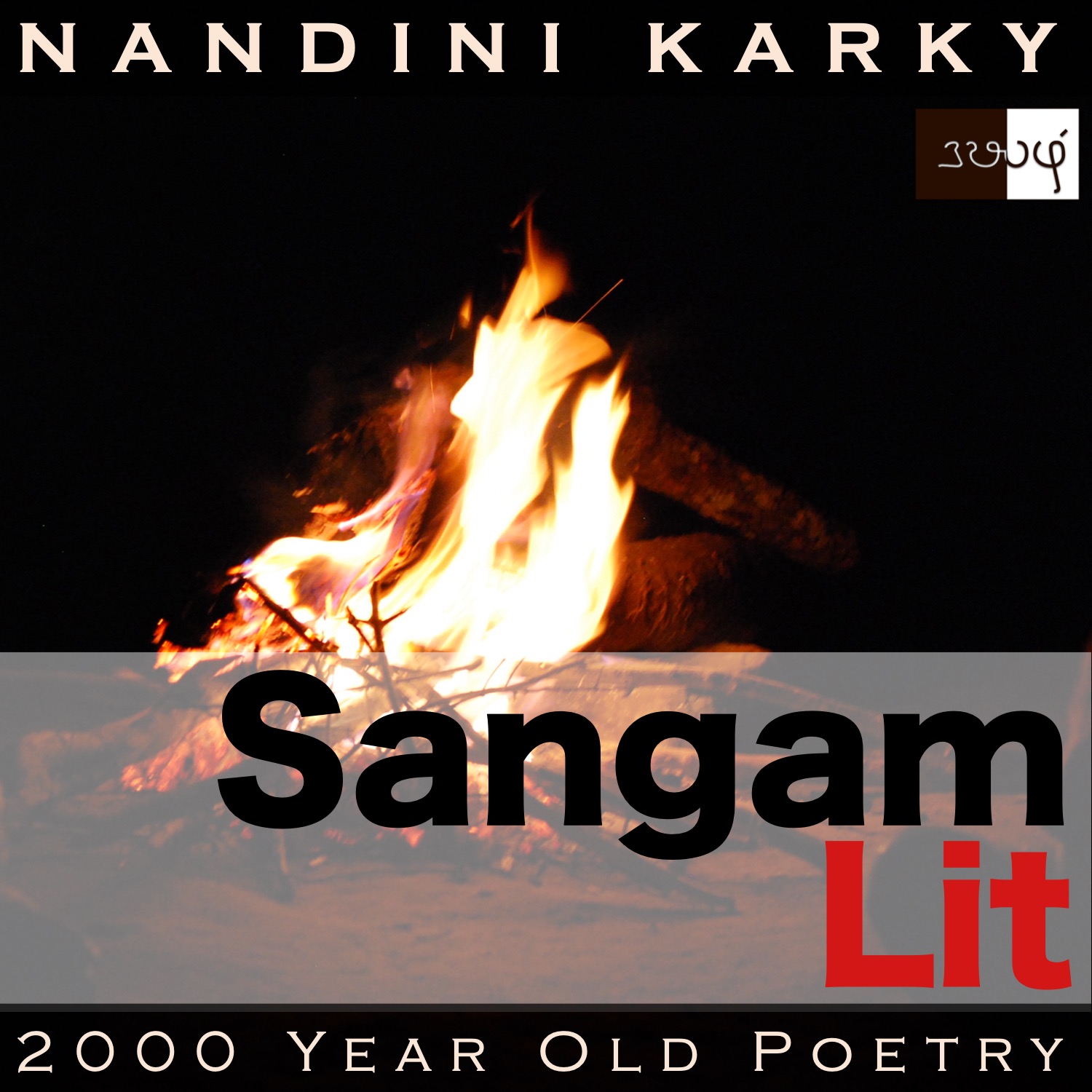
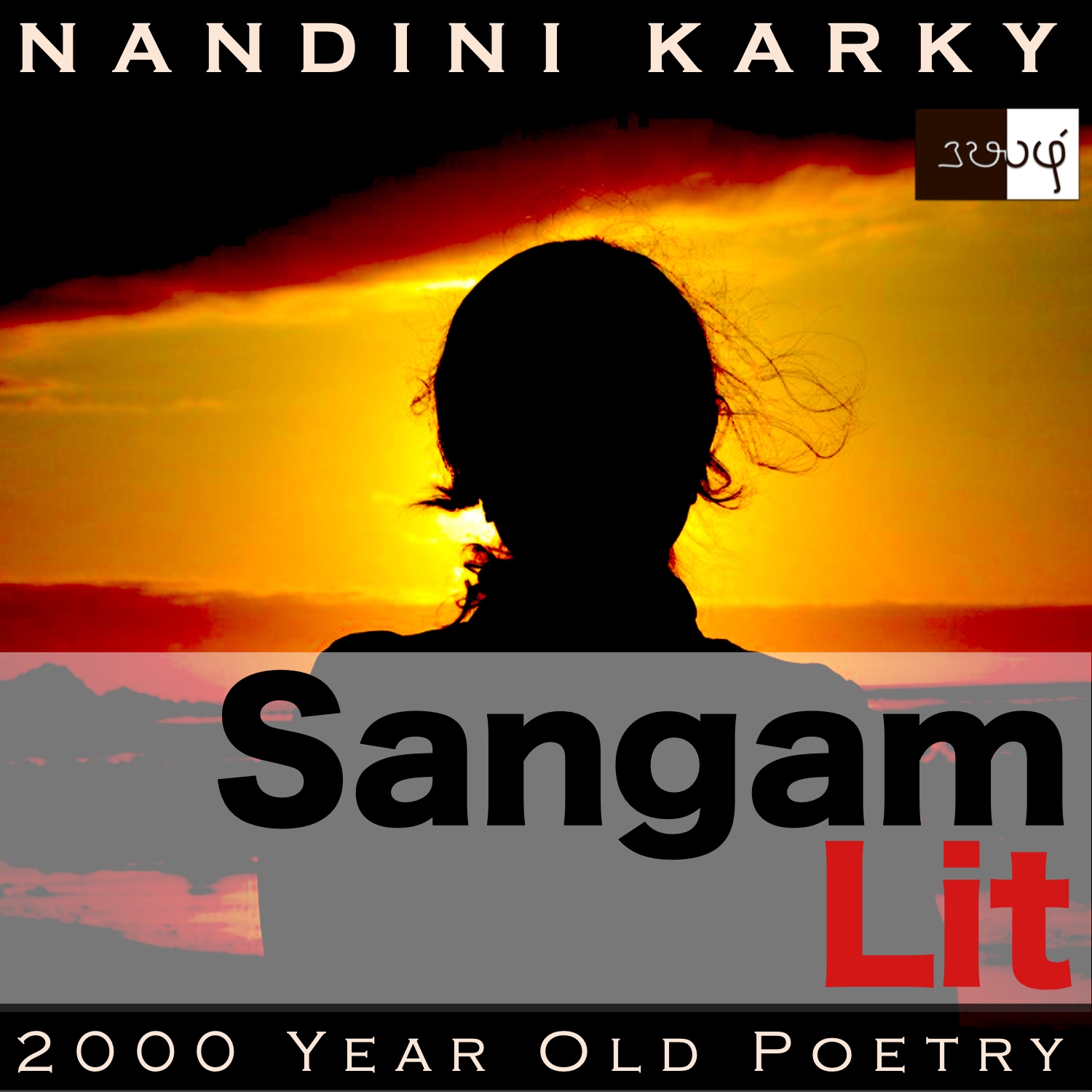


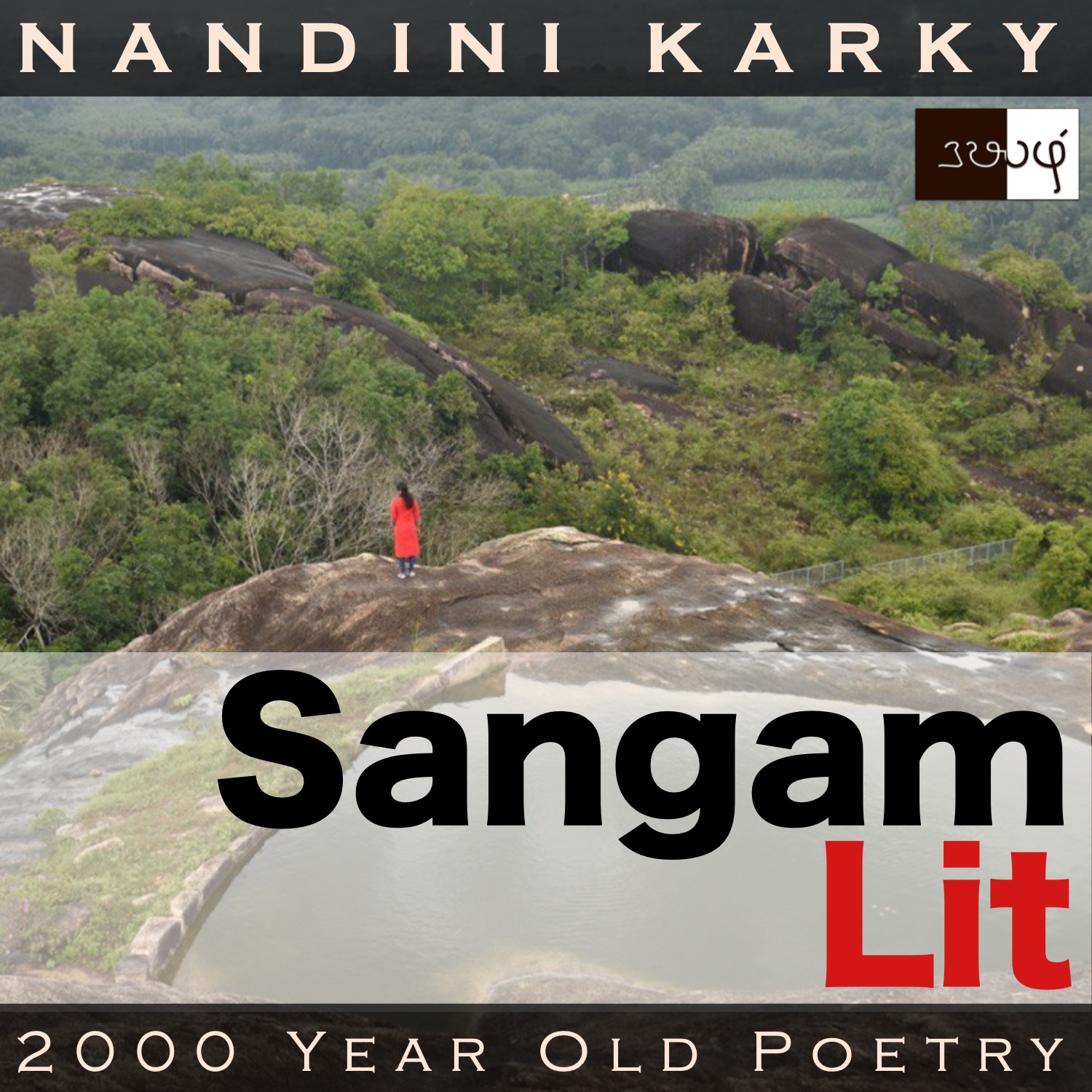
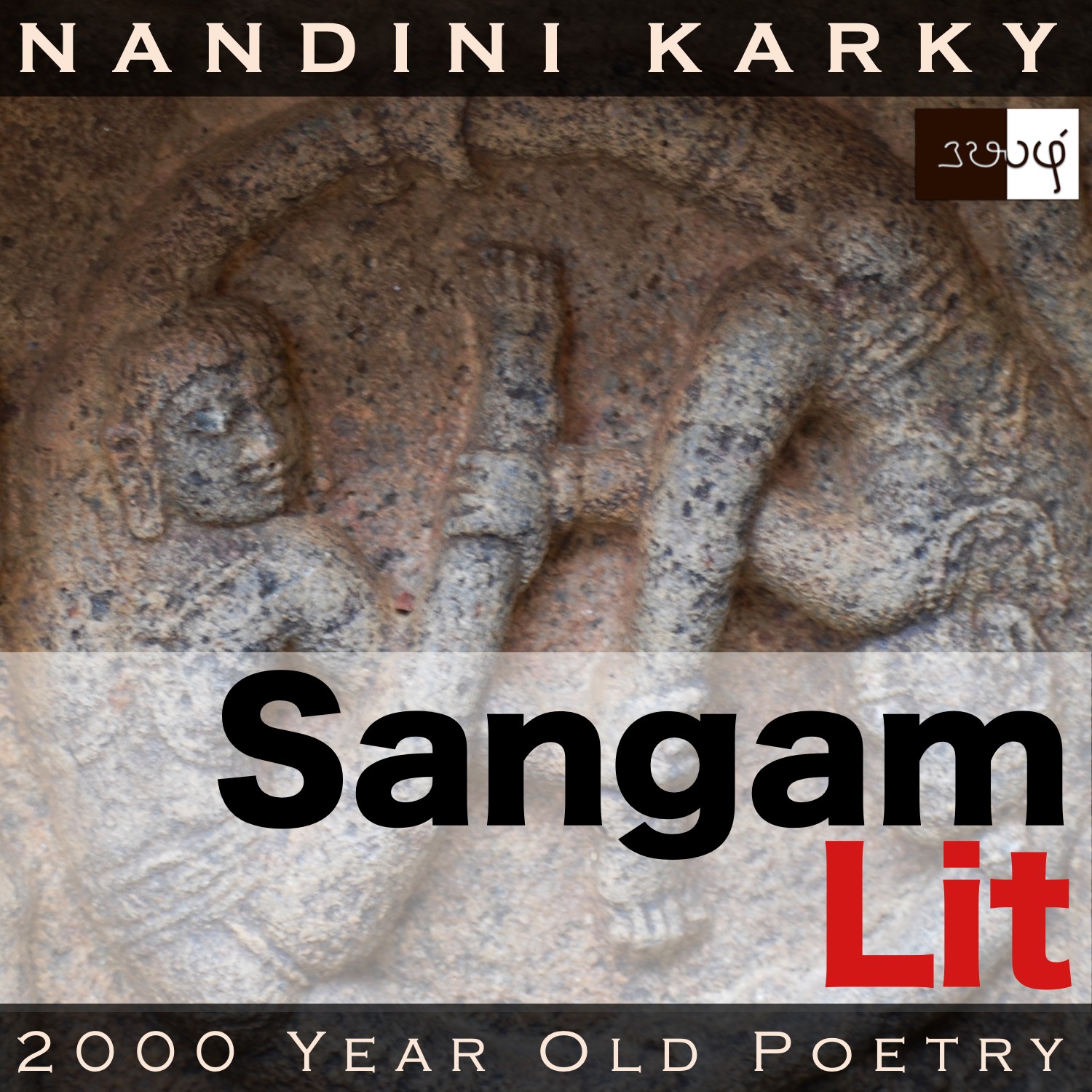
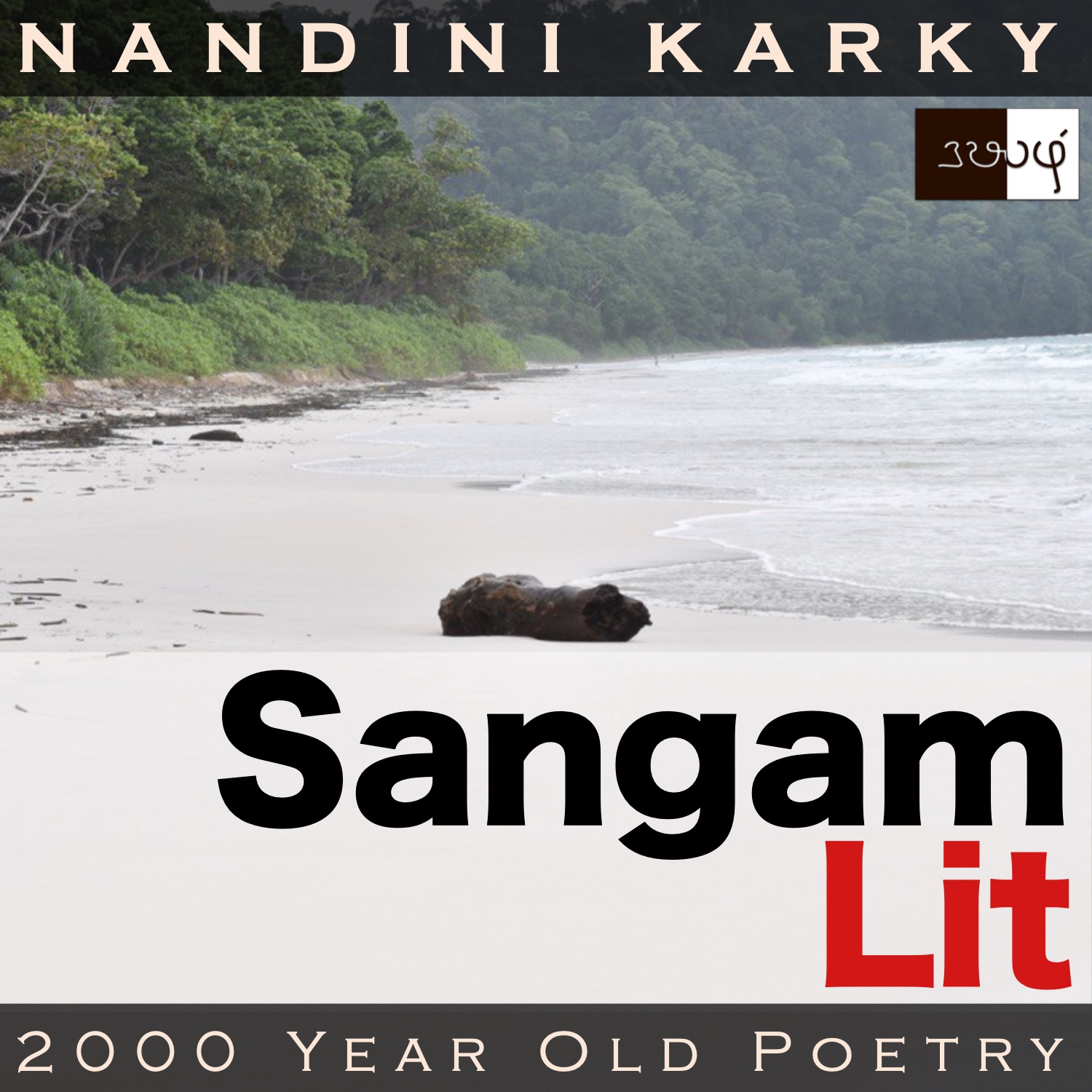

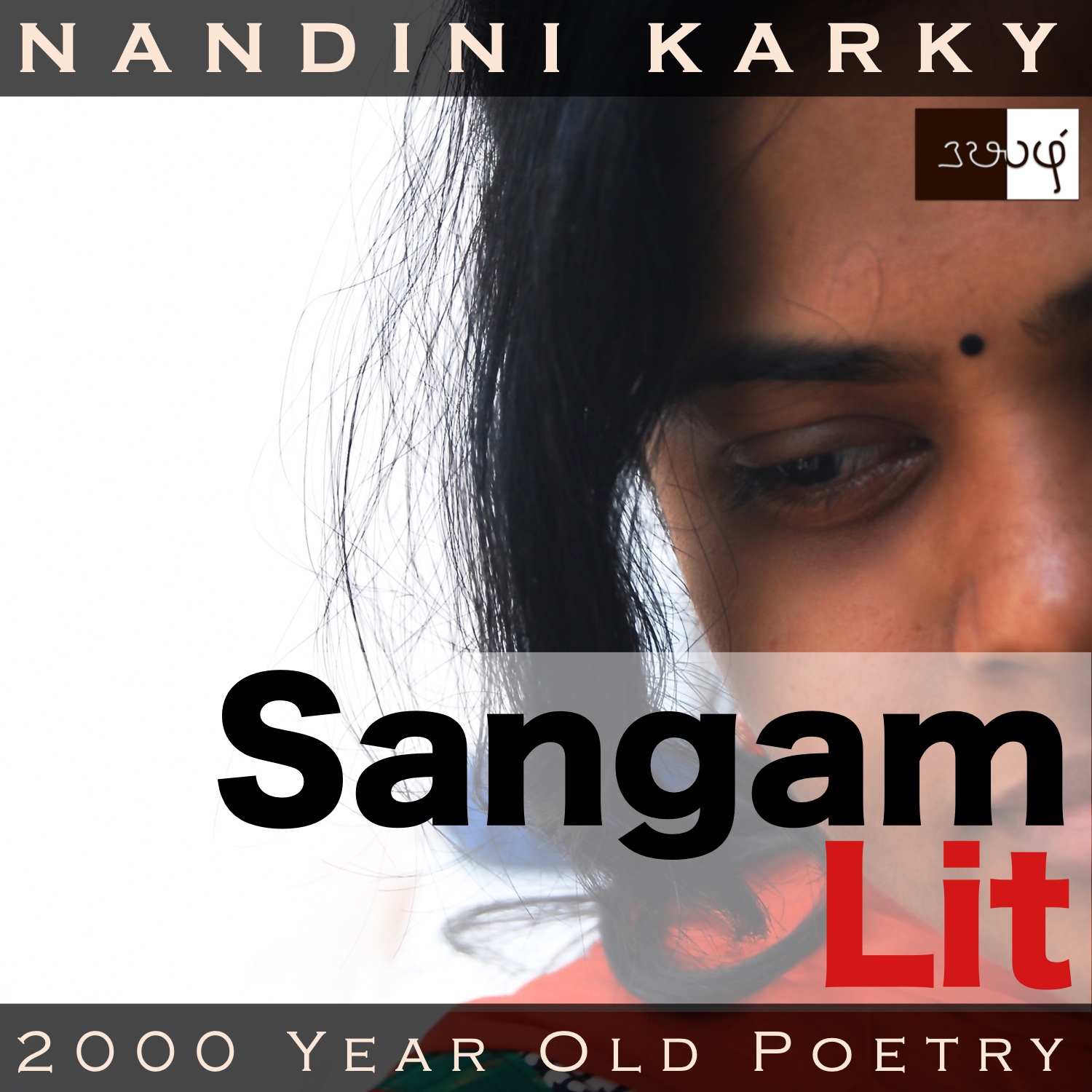

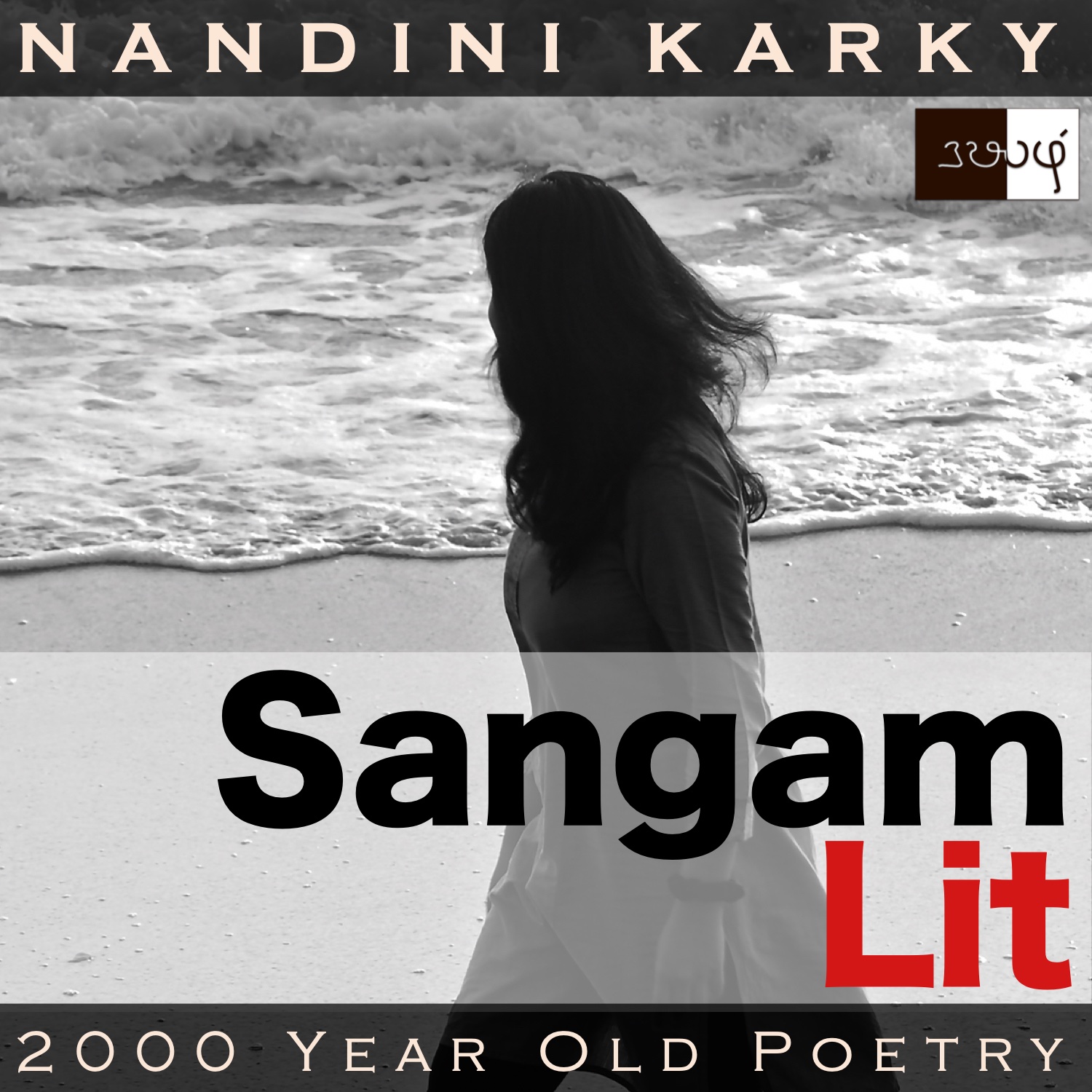

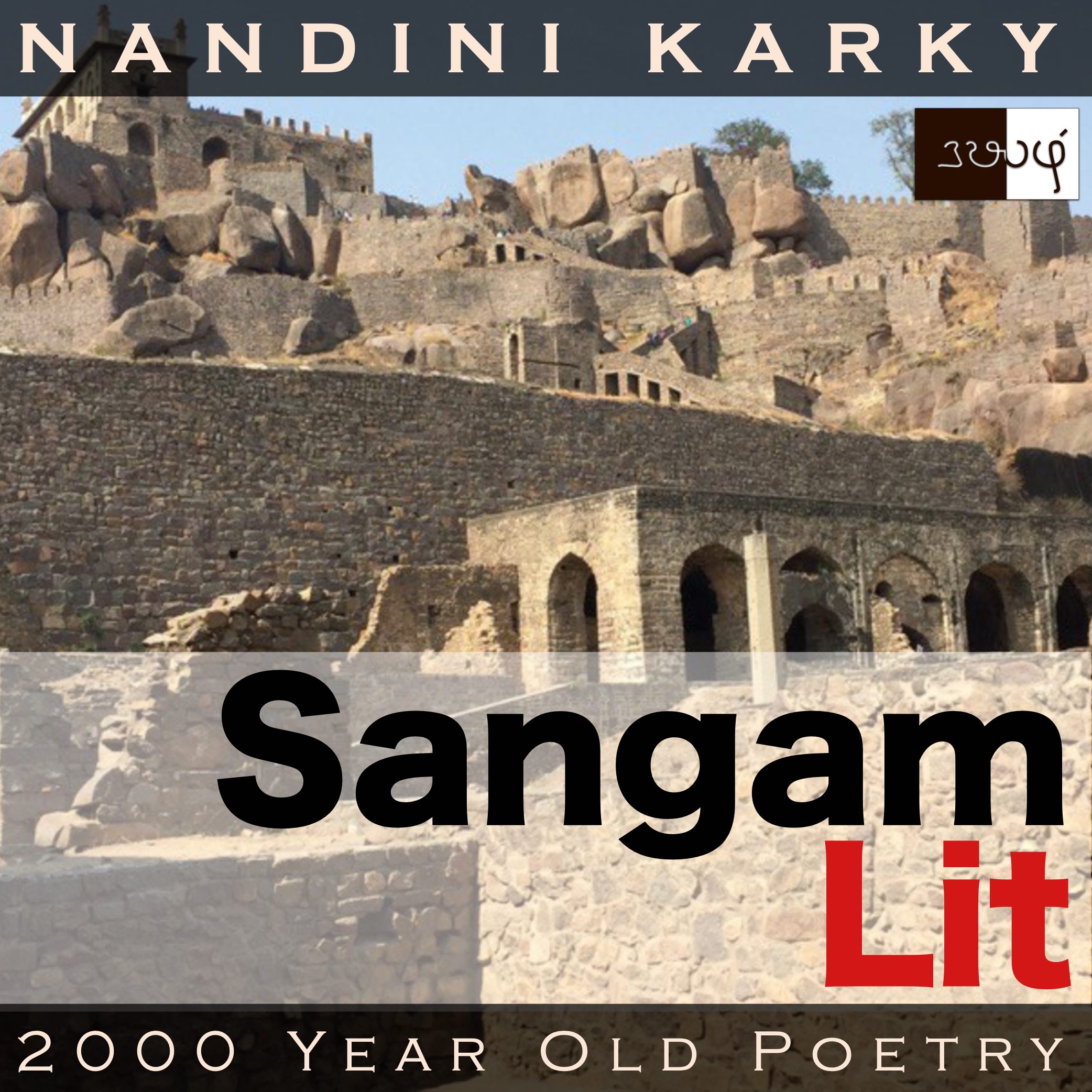

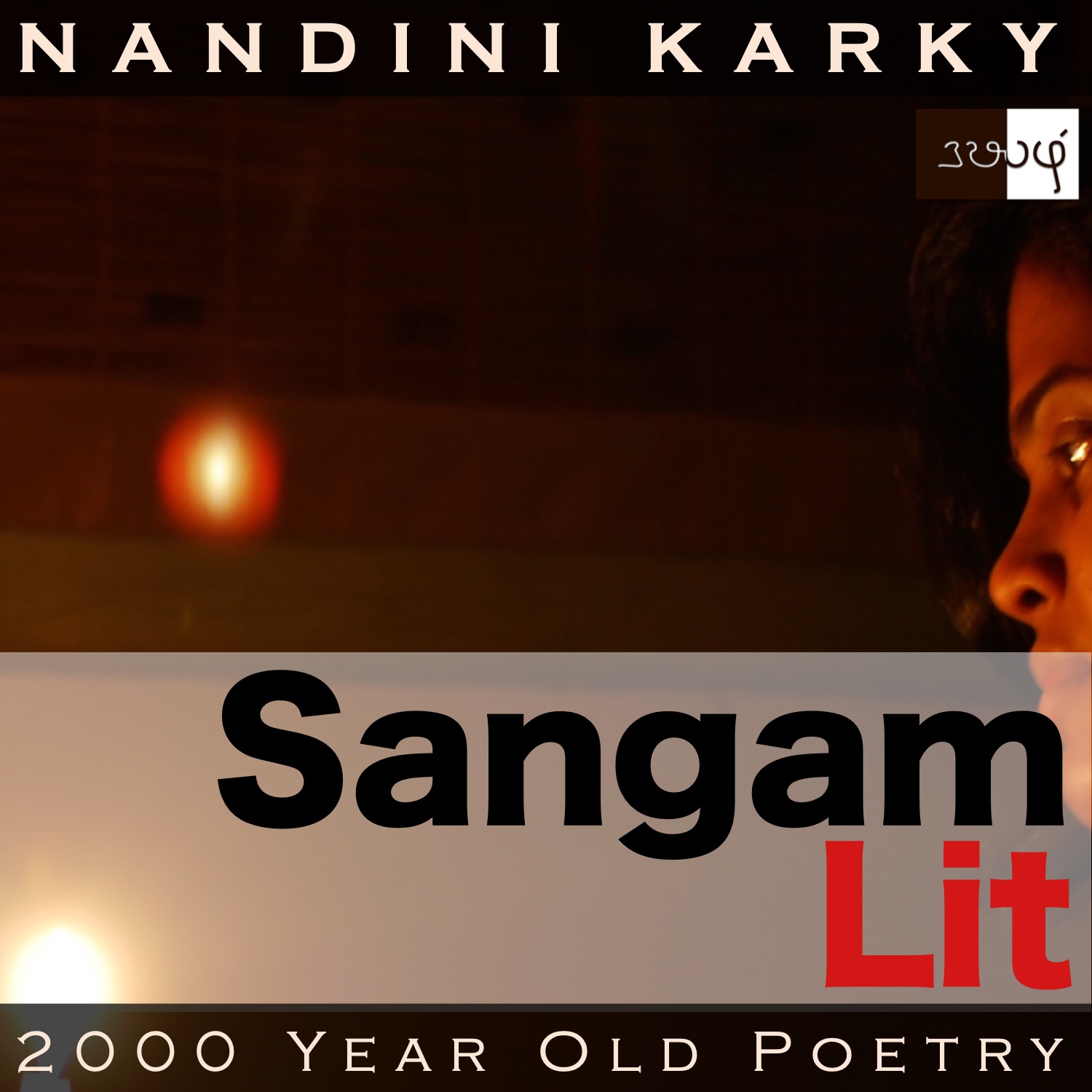
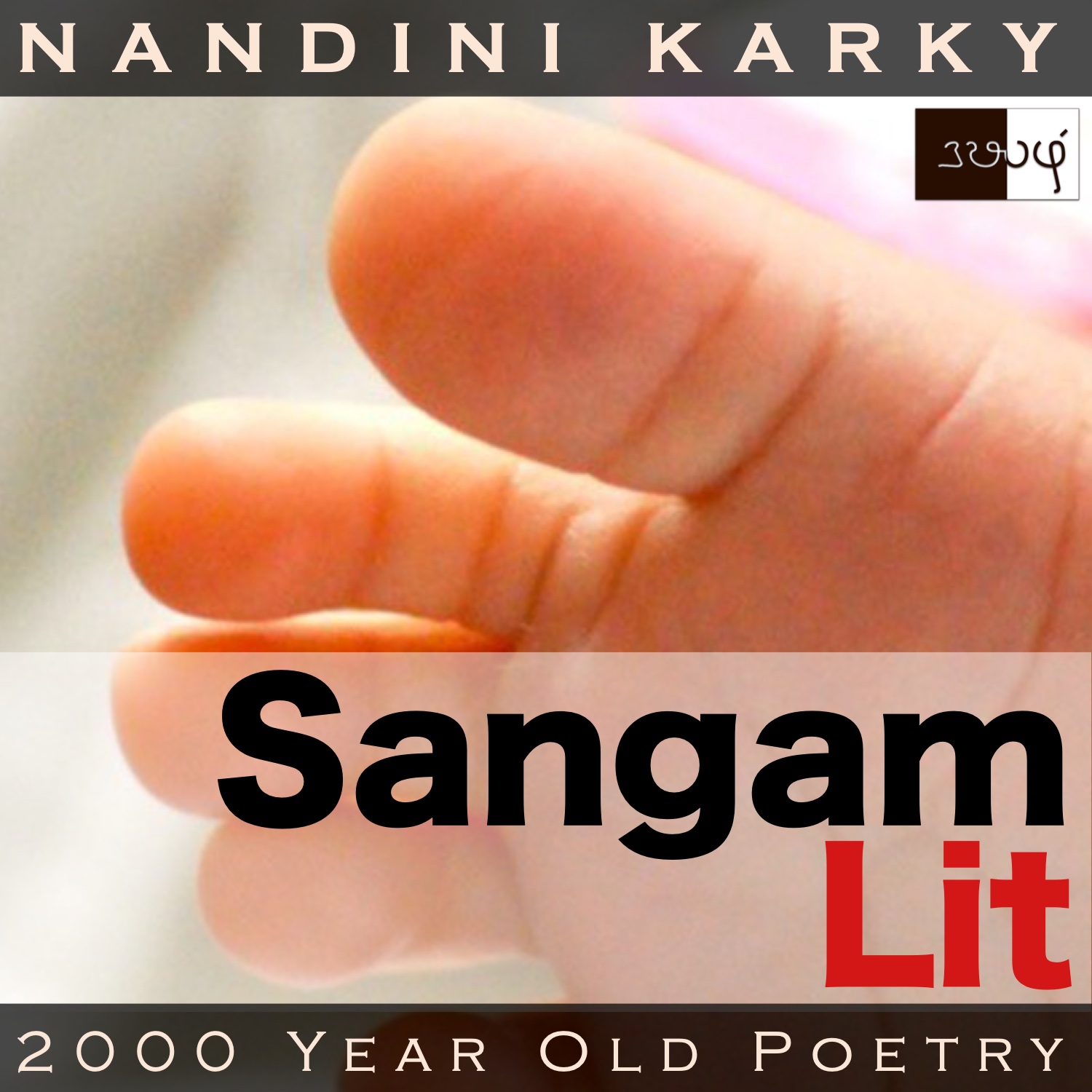


Recent Comments